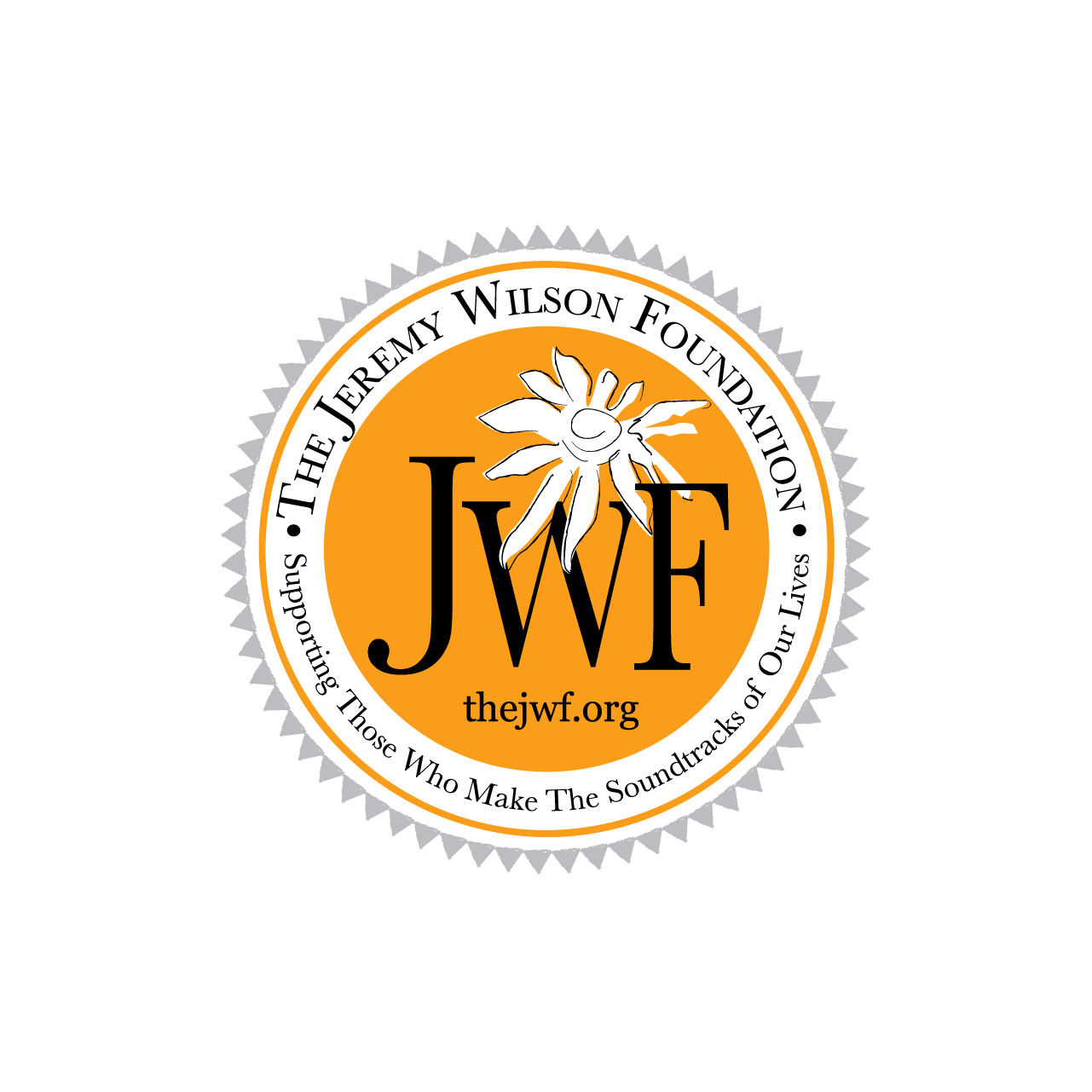Fifteen minutes that can save your life
Portland musician Pat McDougall wants you to know about the Coronary Calcium Scan. It’s a quick, inexpensive medical test that can help you manage your heart health and prevent serious heart disease. Pat wishes two of his friends had known about this simple test before severe cardiac problems took their lives. (Photo by Norm Eder)
Article by Claire Levine
Pat McDougall is a busy guy. He frequently performs on keyboards with several ensembles a week, while also fitting in gigs with his own band, Tall Static. He also composes, records and does the many other things that musicians do these days to keep their careers going.
Now in his 60s, he’s determined to remain healthy and vigorous so he can keep playing the music he loves.
He pays attention to his cholesterol and blood pressure, and he’s aware of the risks associated with aging. So, he was happy to learn about a simple scan that could provide insight into his heart’s health.
At the time he learned about this procedure, no health insurance covered it. But Pat thought the small cost – $105 – was a great deal if it helped him stay healthy.
He had the scan and learned more about his heart. Now he wishes two of his friends – both gone before they reached age 50 – had known about the scan, too.
And now that insurers are covering the scan’s costs, Pat hopes more doctors will encourage their patients to take the test.
The procedure. A coronary calcium scan is a 15-minute, non-invasive imaging test that can help determine heart attack and stroke risk. It’s well-regarded as a tool to detect potential coronary problems in people with no heart disease symptoms.
The scan measures calcium buildup in coronary arteries – the large vessels that supply blood to the heart. Calcium formation, also called plaque, on the artery’s inner lining can cause the vessel to narrow or become blocked. That condition – atherosclerosis – is the most common cause of heart disease.
Oregon Health Science University recommends the test for men 40 or older and for women 45 or older with one or more risk factors for cardiovascular problems.
What Pat learned.
Pat’s result showed some calcium accumulating in his arteries, but his doctor assured him he was not a “ticking time bomb.” Still, the test showed enough buildup that the doctor recommended Pat take a stress test. After walking on the treadmill, wired up so a technician could monitor his heart activity, Pat was reassured that he’s in pretty good shape. (Photo by Marilyn Stringer.)
Had Pat’s scan shown more buildup, or if his stress test had shown problems, the doctor would have referred Pat for an angiogram. If those images showed serious plaque buildup, Pat would have received a stent – a balloon-like piece of plastic that keeps the artery open, allowing the free flow of blood.
But that degree of treatment wasn’t necessary. Rather, Pat and his doctor adjusted Pat’s meds, and Pat committed to watching what he eats and monitoring his cardiovascular health routinely. He feels like he’s doing all he can to protect his heart.
Two friends gone. In the last eight months, two of Pat’s musician friends died suddenly from heart problems. One was 45, the other 47.
One friend died of a heart attack. Although Pat doesn’t know the details, he suspects that a calcium scan might have identified the problem earlier, allowing him and his doctor to take preventive action.
Chandler Bowerman
More recently, Pat’s drummer and friend, Chandler Bowerman, died of an aortic aneurysm, a bulge in the aorta wall that can lead to a fatal rupture. Curious about this condition, Pat learned that a calcium scan can identify an aneurysm and that such a discovery can save a life.
As described in this article, when a scan shows an aneurysm – which almost certainly would not have been detected otherwise in a generally healthy person – doctors can often repair the artery and prevent damage to the artery wall.
(Chandler Bowerman by Madeline Hopkins Photography)
Because of the location of the aneurysm, the nurse and mother of three in this article needed open heart surgery. She credits the seven-hour procedure to lengthening her life well beyond the two to three years she would have lived without the surgery.
Pat often wonders if his two friends might still be alive if he had known about the scan earlier and spread the word aggressively. The pain of these losses has moved Pat to do what he can toward increasing awareness of the coronary calcium scan, as a way of remembering and paying tribute to his departed friends.
What Pat would like everyone to know. Pat is aware that people are busy and that many tend to put off thinking about their health. At the same time, the last few years have seen the loss of a number of great Portland musicians, which makes him want to spread the word about this potentially life-saving procedure.
In the past, doctors were reluctant to suggest the scan, because patients would have to pay for it out of pocket. Pat hopes that now, with insurance covering the cost, more doctors will recommend the scan. And, he said, it is inexpensive enough that even those without insurance may be able to afford it.
So, Pat would like to say to all of you – his friends, fellow musicians, Portland music lovers and the larger community – “Don’t ignore your health. More information is better. Don’t be afraid to learn the facts about your heart.”
The Coronary Calcium Scan is a straightforward tool that gives you and your doctor a numeric evaluation of your coronary artery health. It is specific and, with the help of a doctor, easy to understand.
Most importantly, it can save your life.
Talk with your doctor if you're interested in receiving this test.
And you can learn more about Pat’s remarkable musical accomplishments and where you can hear his performances from his website. And when you sign up for your scan, drop him a line!




